15 Best Facts About Mummies to Unravel Your Mind
You probably know mummies as a cool Halloween monster, or maybe you love the movie The Mummy. But mummies have a whole lot more to them. Learn some spooky mummy facts right here!
You probably know mummies as a cool Halloween monster, or maybe you love the movie The Mummy. But mummies have a whole lot more to them - learn some spooky mummy facts right here!
1. Mummies were wrapped with good luck charms
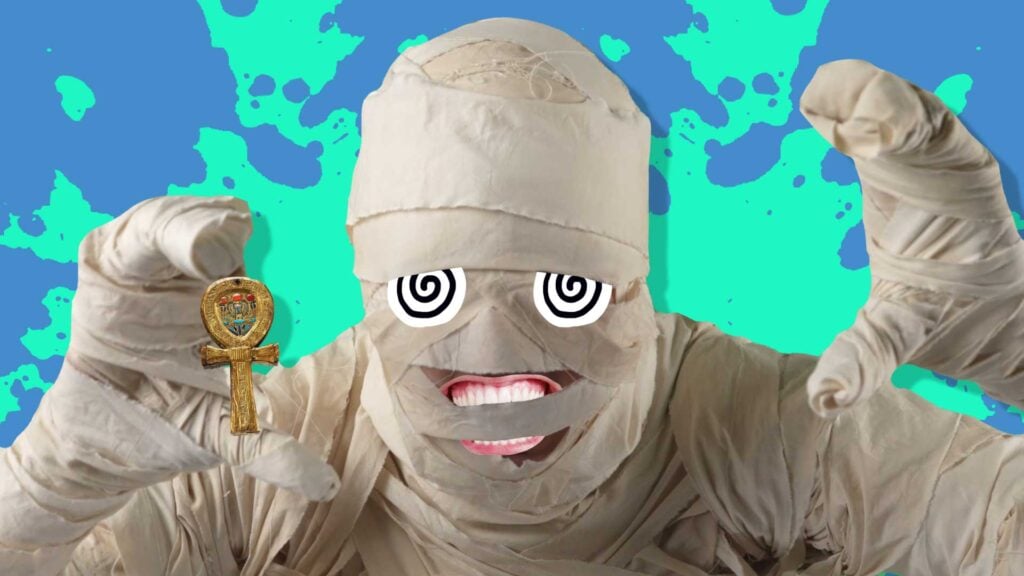
During the mummification process, embalmers tucked little charms, called amulets, into the bandage wrappings for good luck. Each amulet had a special meaning, like protection or strength.
2. Some mummies aren't preserved in bandages
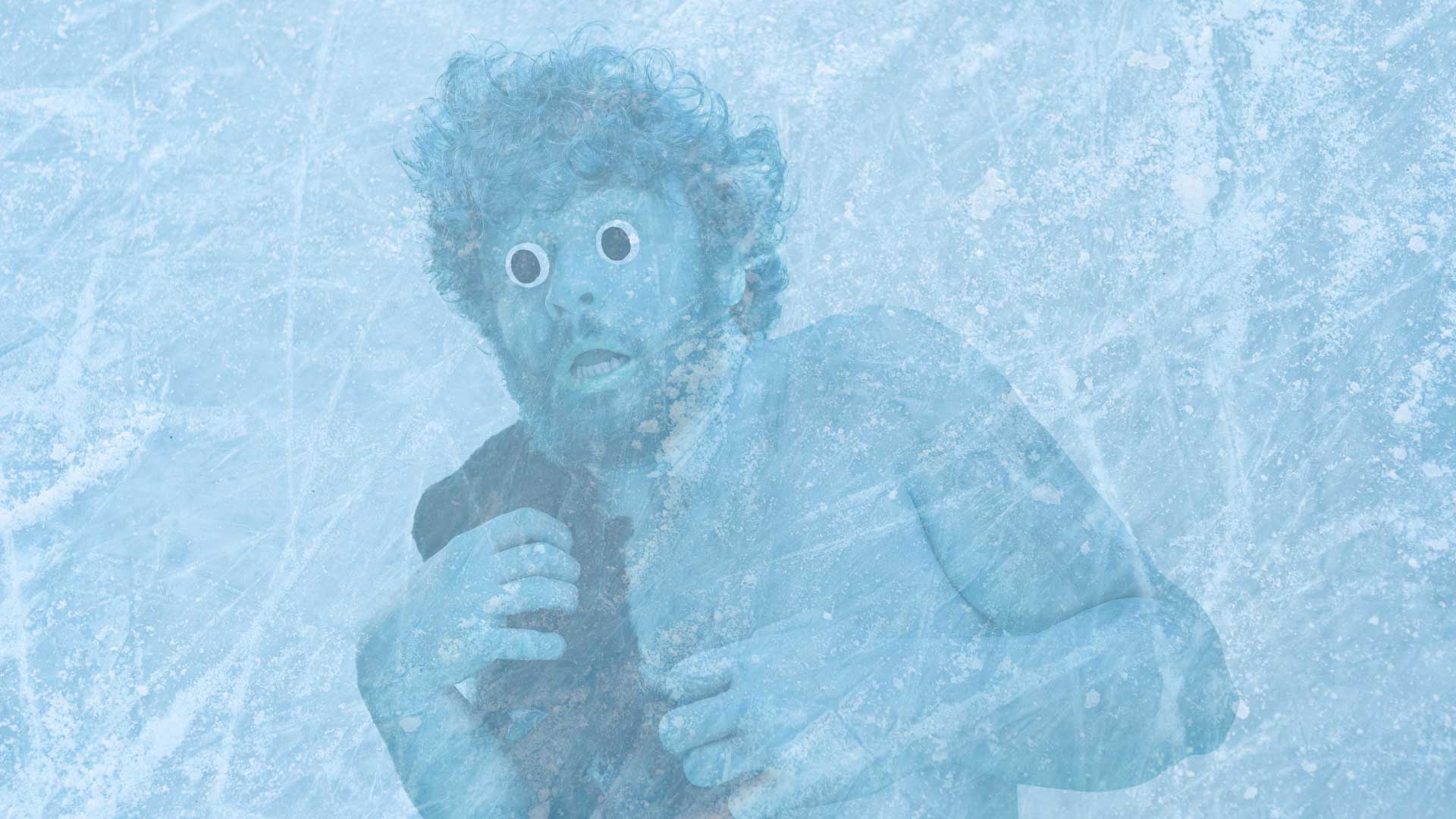
Ötzi the Iceman is a mummy from 5,300 years ago found frozen in the Alps! Thanks to the ice, his body is super well-preserved—you can even see his tattoos. He’s a very chill mummy indeed!
3. Mummy cases are works of art
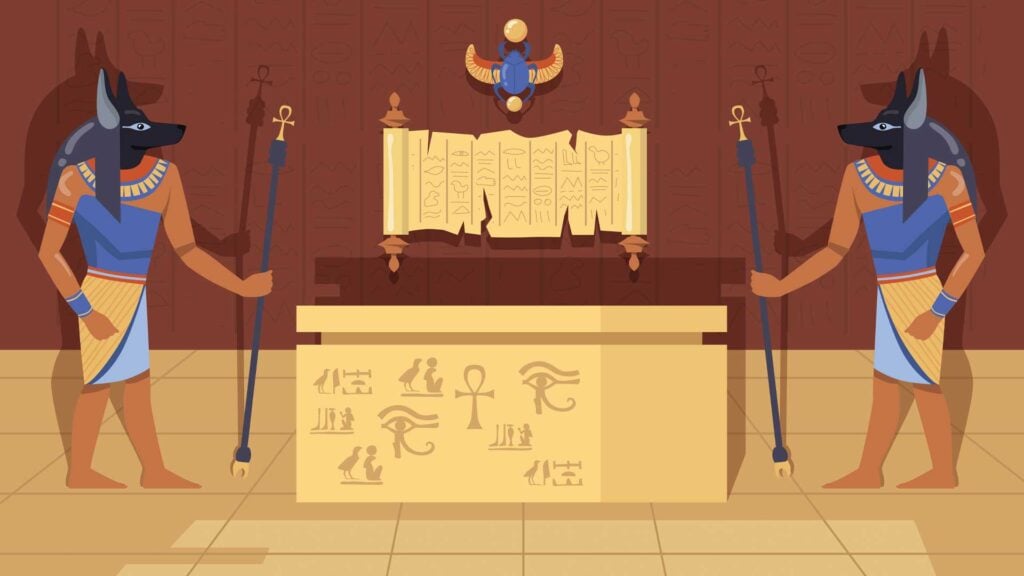
A mummy wasn’t just wrapped and left in a corner. Oh no! They were placed in beautifully decorated coffins, called sarcophagi. These were painted with bright colors, pictures, and hieroglyphs to tell stories about their life.
4. Mummies liked The Beatles
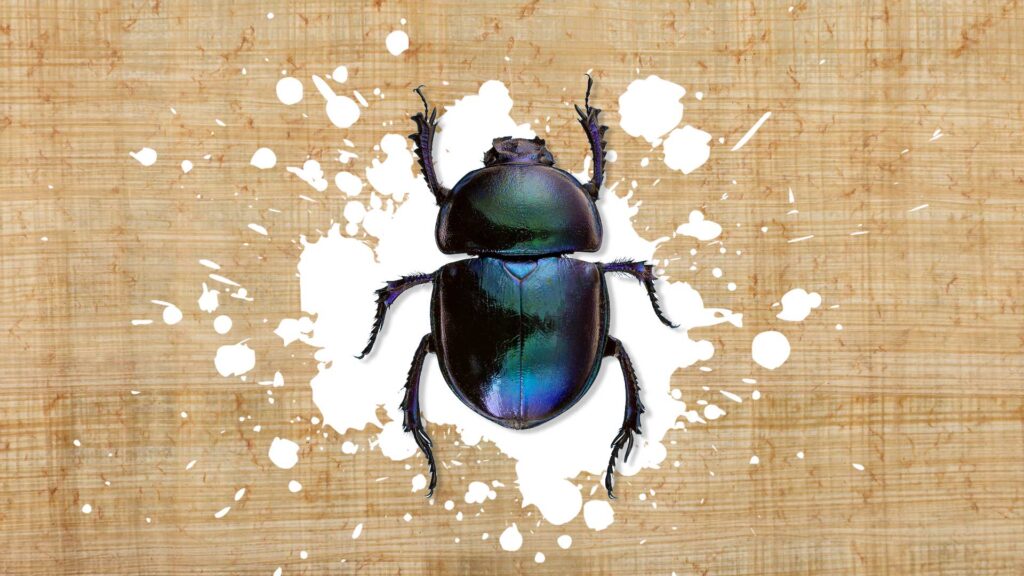
Only joking. Egyptians used scarab beetles as symbols of transformation and protection, often placing scarab amulets on mummies. If you see a mummy with a beetle, don’t freak out—it’s actually just there to help them on their way to the afterlife!
5. Mummies can't really curse you
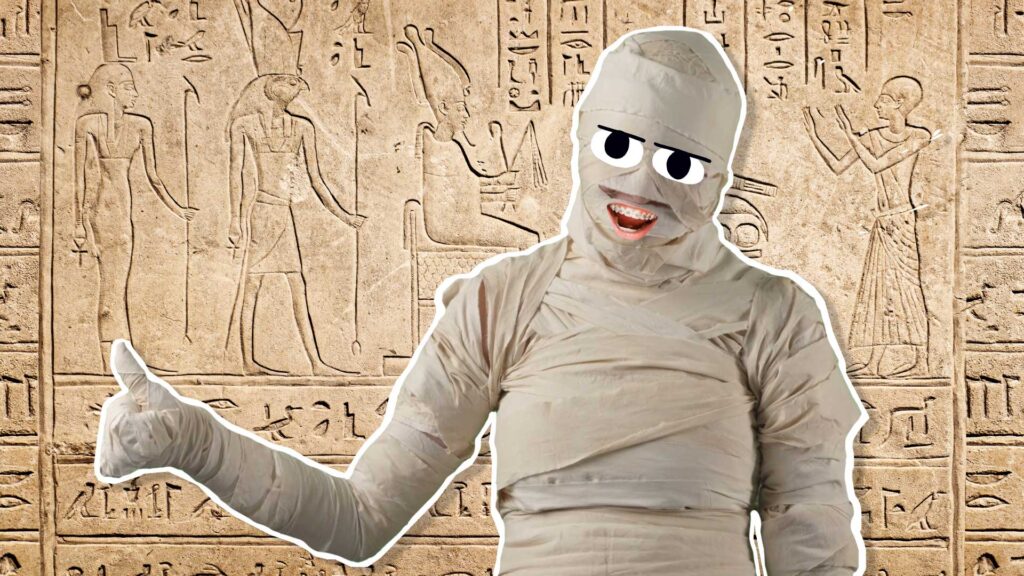
There are tales of the “Curse of the Pharaohs” — in that anyone who dares disturb a tomb will have lots of bad luck. But scientists say it’s all a myth. Still, we wouldn’t blame you for tiptoeing around any mummy just in case!
6. Mummies meant immortality
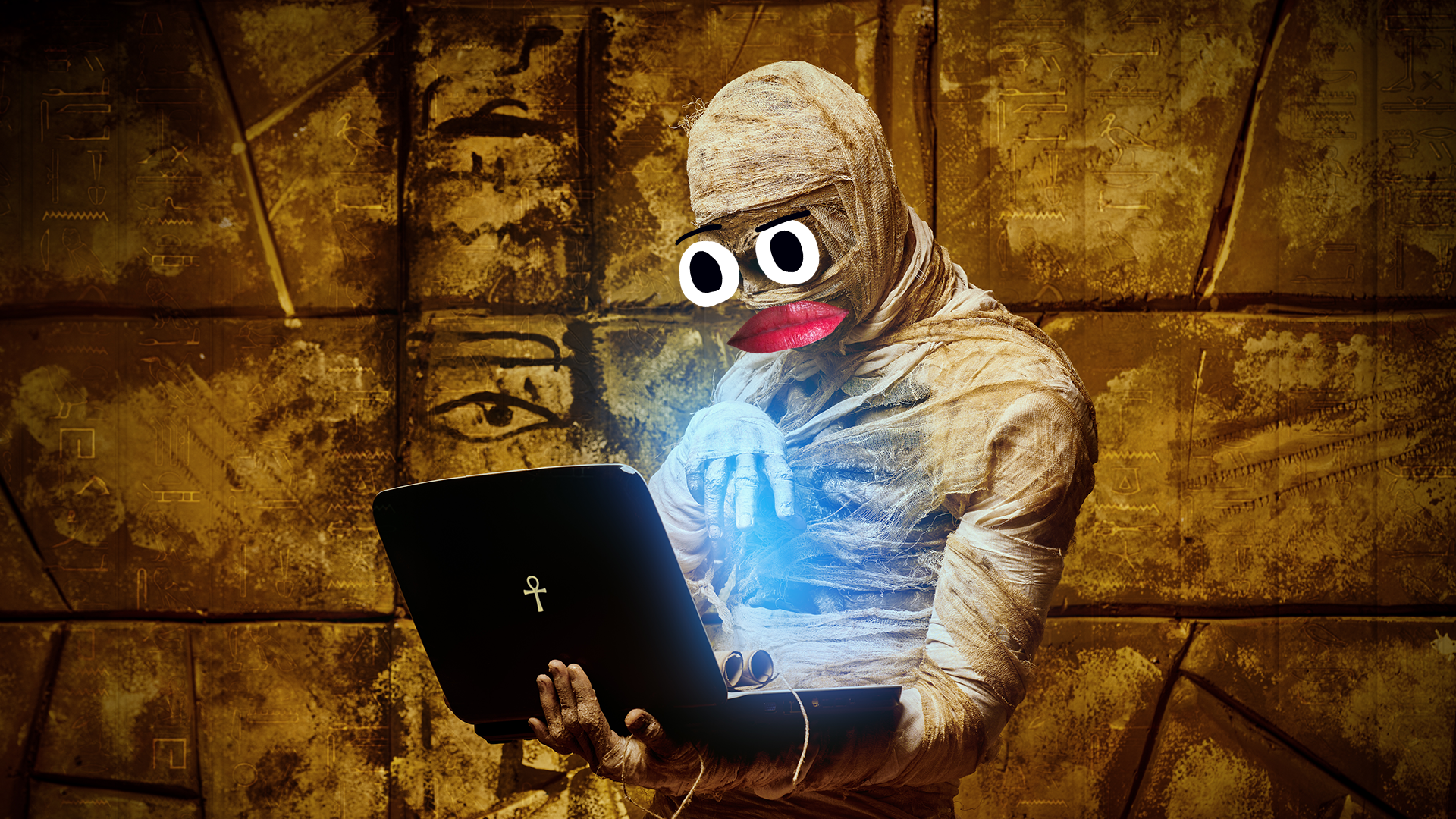
If your body was perfectly preserved, it meant that you would have a great time in the afterlife - so, people wanted to become mummies and live their best lives after death!
7. It took up to 70 days (and a lot of salt) to make a mummy
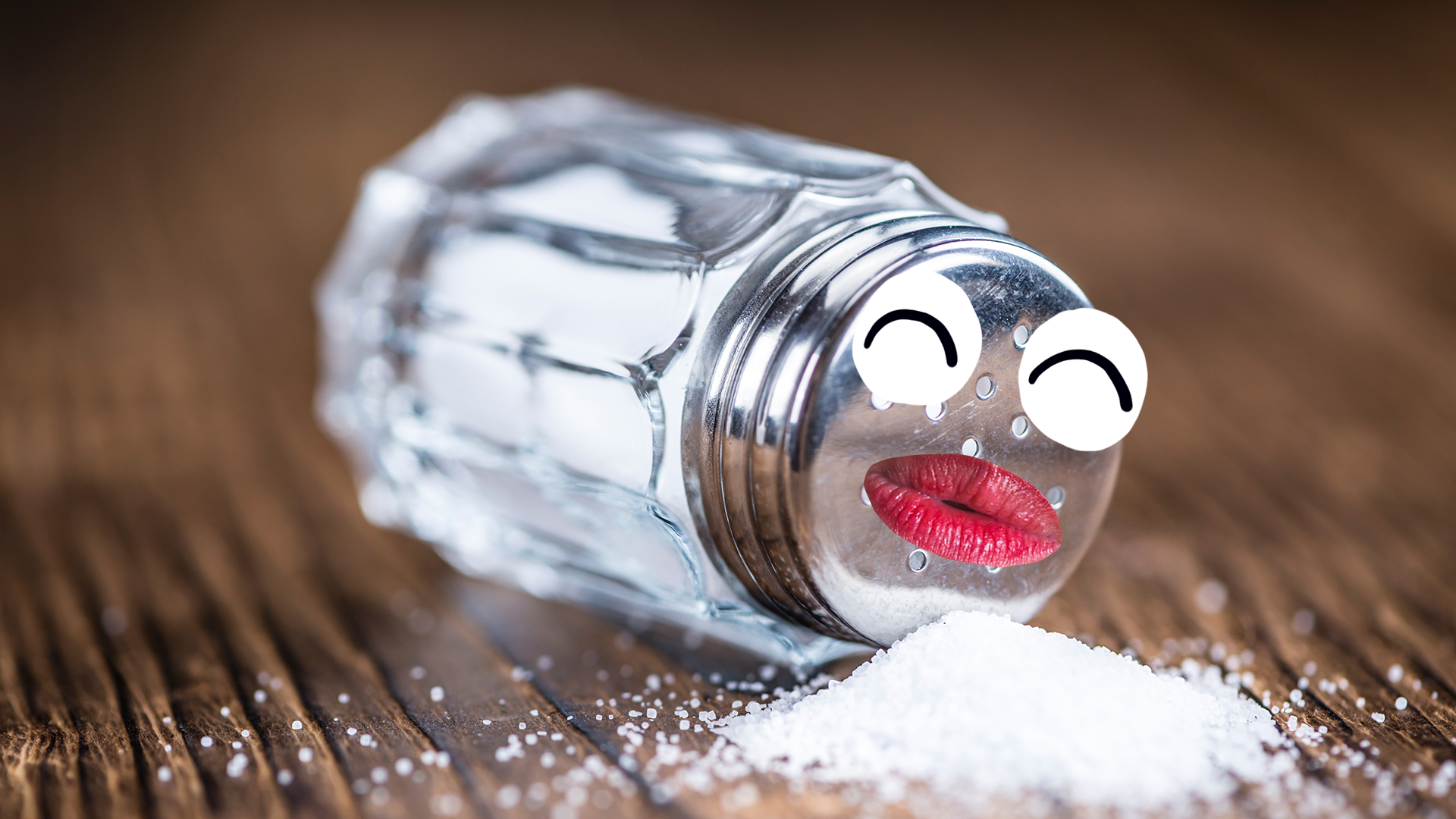
It took a really long time to make a mummy. The process was pretty gross so we won't get into all of it, but it involved taking most of the organs out and then leaving the body in a special kind of salt, called natron, to dry it out.
8. The heart stayed behind

Most of the organs were taken out and kept in special jars, called canopic jars, because the Egyptians believed the person would need them in the afterlife. But they left the heart behind, because they believed that when the dead person first arrived in the afterlife they would need their heart for a special test. They got rid of the brain, though, because they thought it wasn't important!
9. Embalming was for everyone
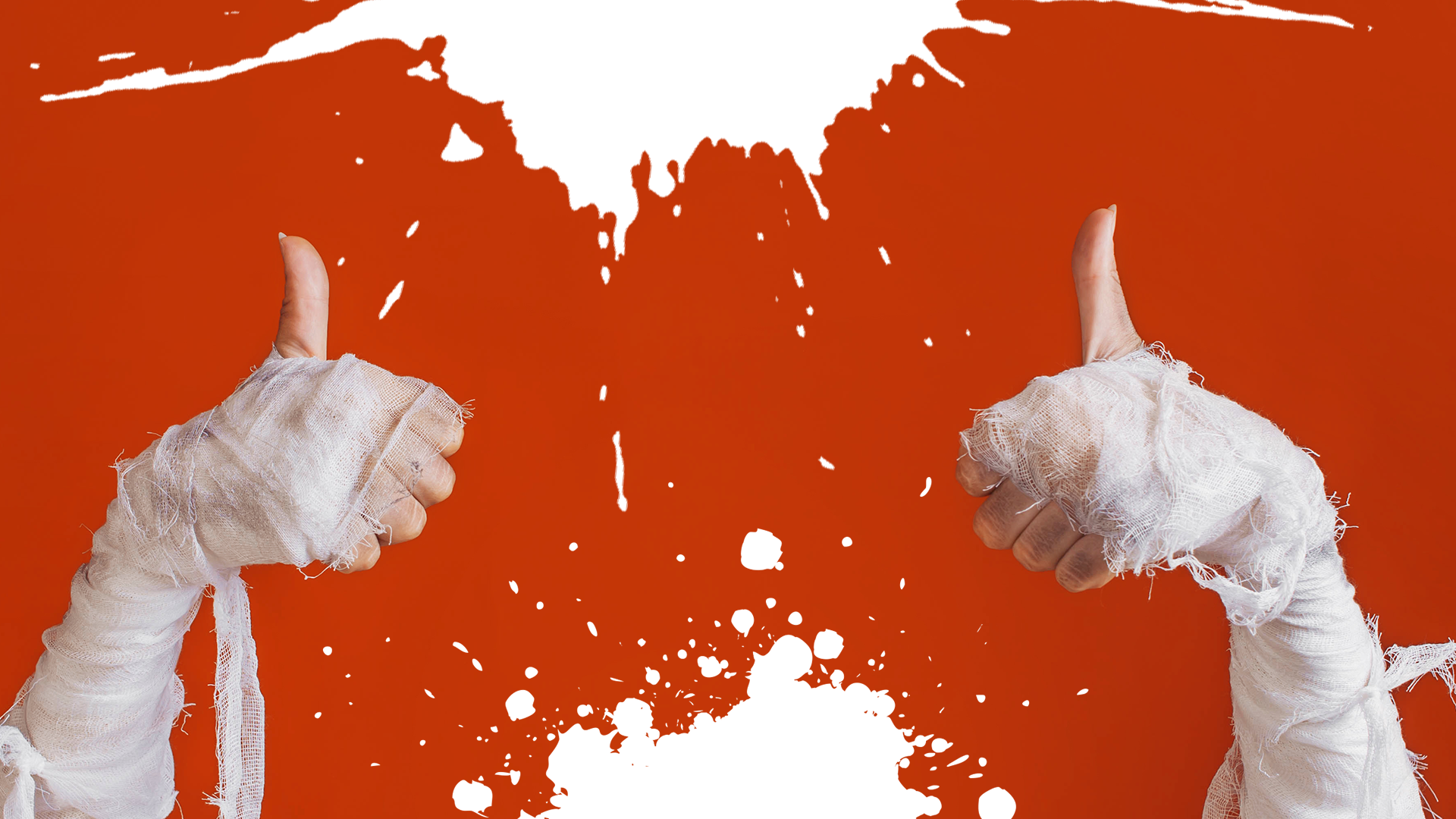
"Embalming" is the name given to the process of making mummies. If you were very rich you could afford a very fancy embalming. Not only would your body be preserved, but you would also have lots of expensive things to go to the afterlife with. This meant lots of gems and sacred amulets inside your bandages! But if you weren't very rich you could still become a mummy. Poorer people would be buried in the desert sand, and the natural heat and dryness preserved the body just as well as the fancy 70-day process!
10. The fanciest mummies of all were the pharaohs
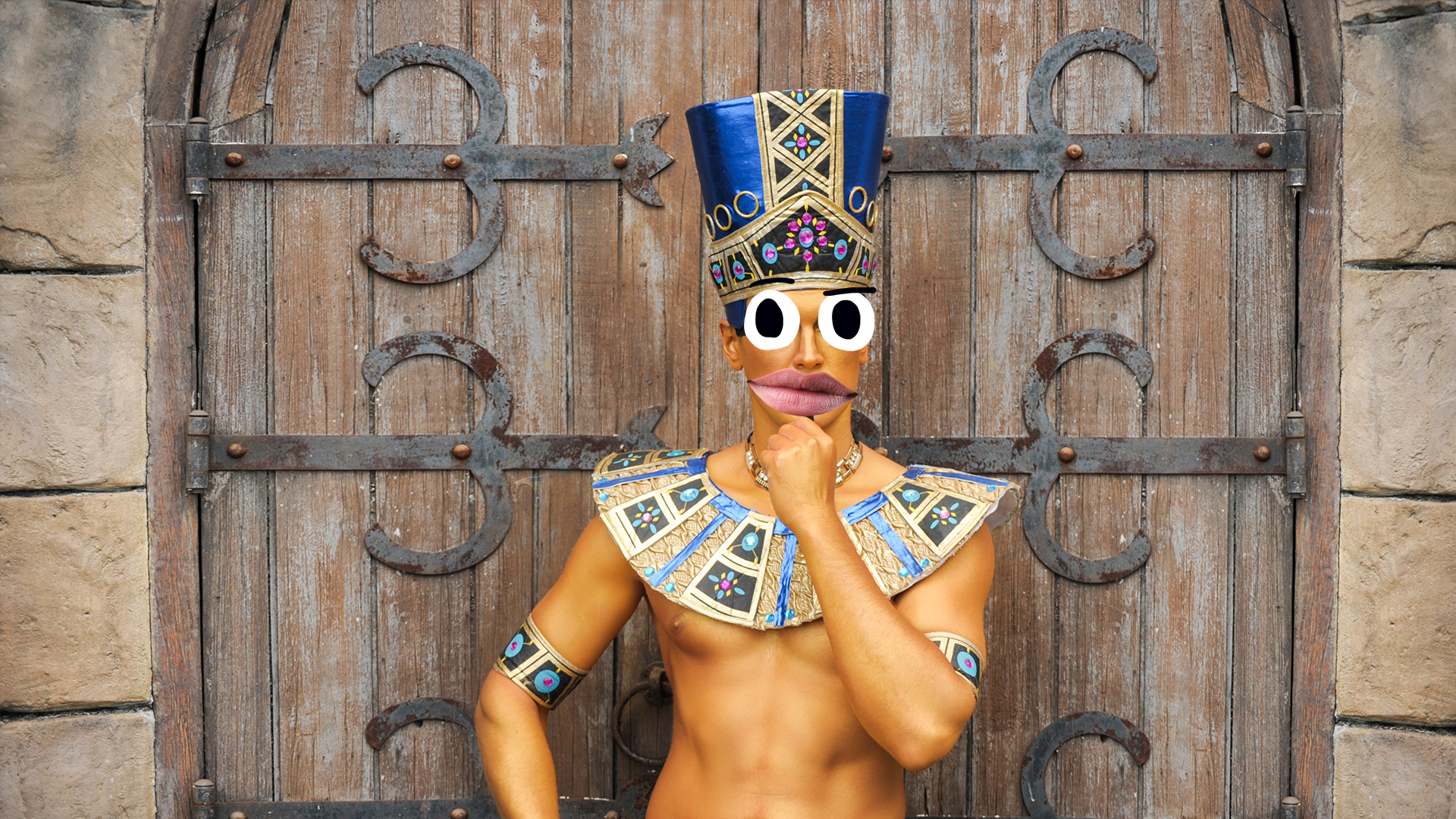
"Pharaoh" means "king" in ancient Egyptian. They were the richest and most powerful people around, and believed to be gods in human form. So, they got the best burials and the most spectacular tombs. The famous pyramids are actually big gravestones to show how rich and important the pharaohs were (another fun fact: some pharaohs were women, and they wore fake beards to show their power!)
11. The most famous mummy is Tutankhamun
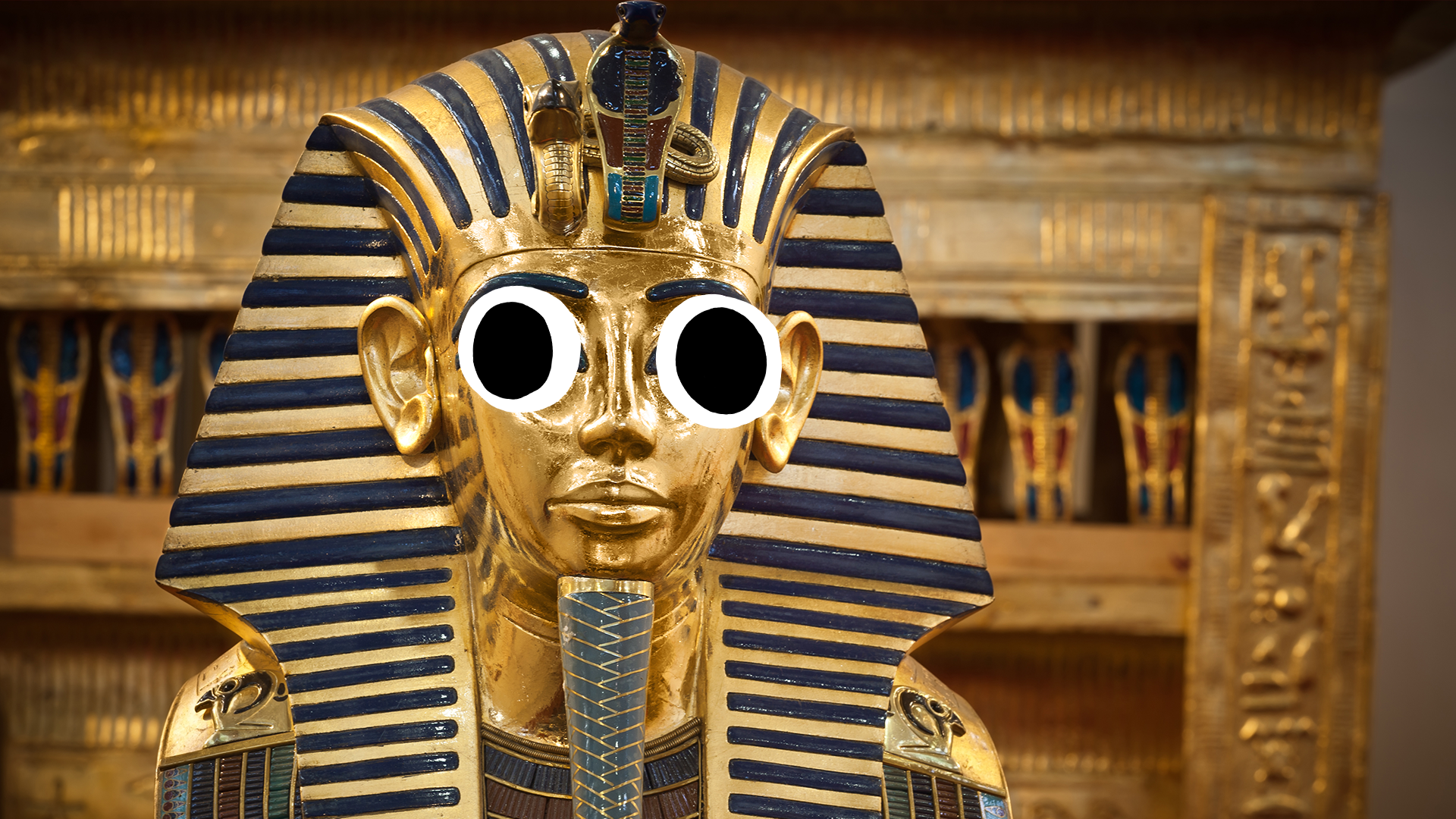
You've probably seen this famous mask before - it belonged to Tutankhamun, who was the pharaoh in the 1300s BC. He was only eight or nine when he became the king, and only eighteen or nineteen when he died. Imagine having to be the king and go to school at the same time!
12. Animals were mummies too!
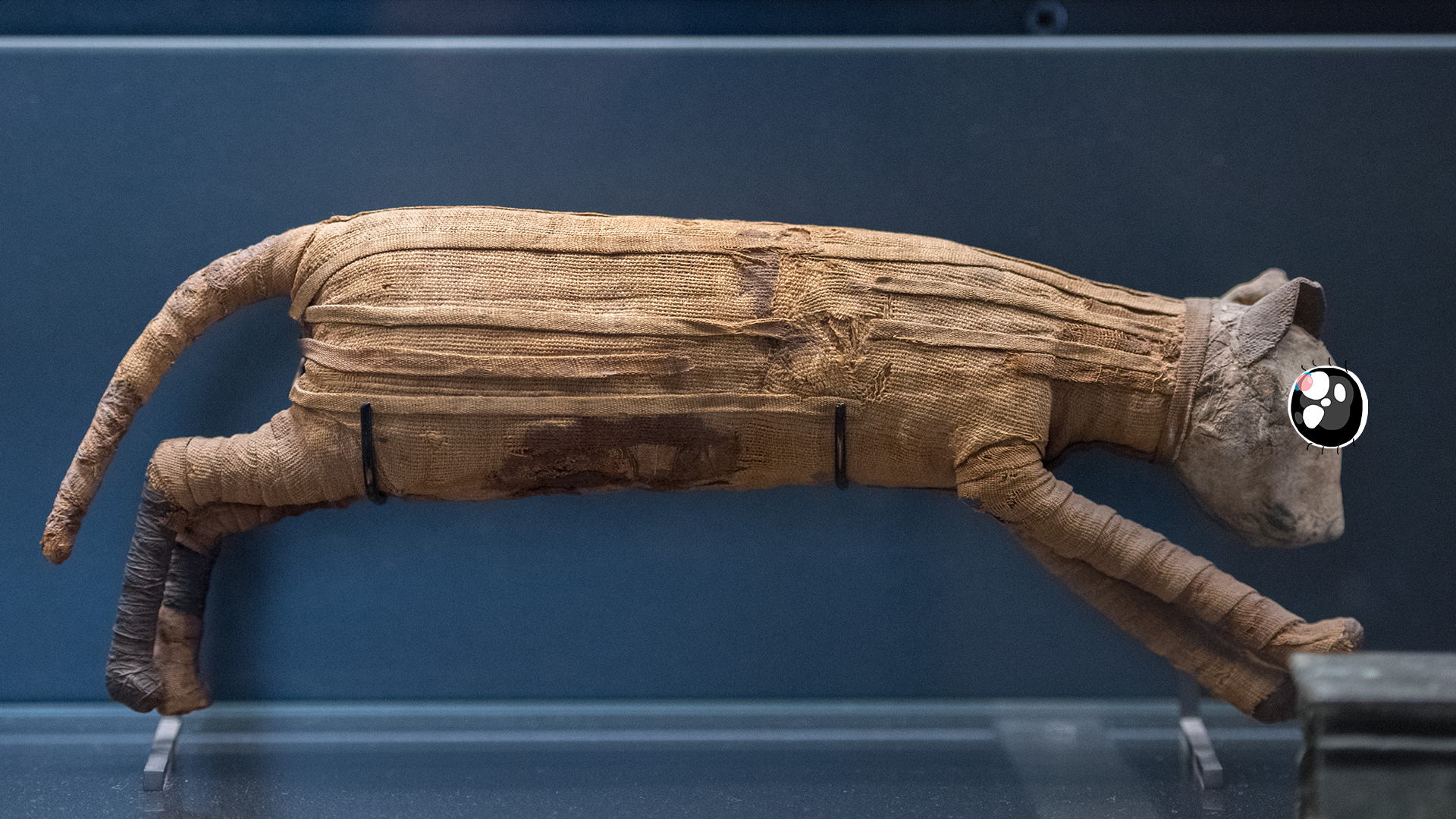
People have always loved their pets, and the ancient Egyptians were no exception. All kinds of animals have been found in mummy tombs, from cats and crocodiles to birds, frogs and even fish. They were probably pets, or maybe offerings to the gods or even food for the deceased!
13. The Victorians LOVED mummies
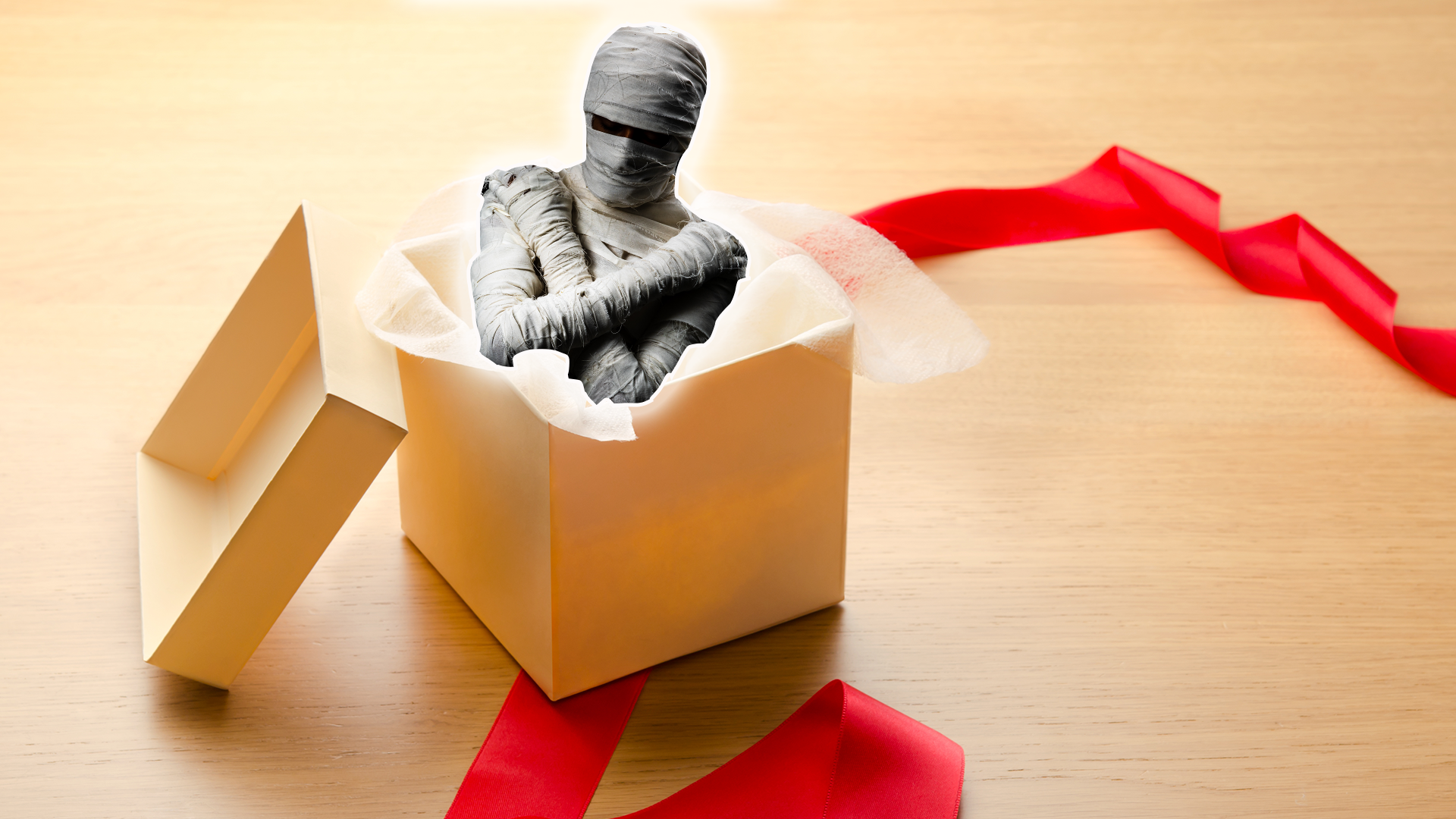
People have been fascinated by mummies for centuries, but the Victorians took it to a whole new level. In the 19th century more European explorers went into Egypt to dig up ancient Egyptian ruins, and started bringing artefacts back - including mummies! One of the craziest things that became popular were unwrapping parties, where an ancient Egyptian mummy was unravelled in front of a crowd. Would you pay to see that??!
14. They became Halloween monsters thanks to the movies
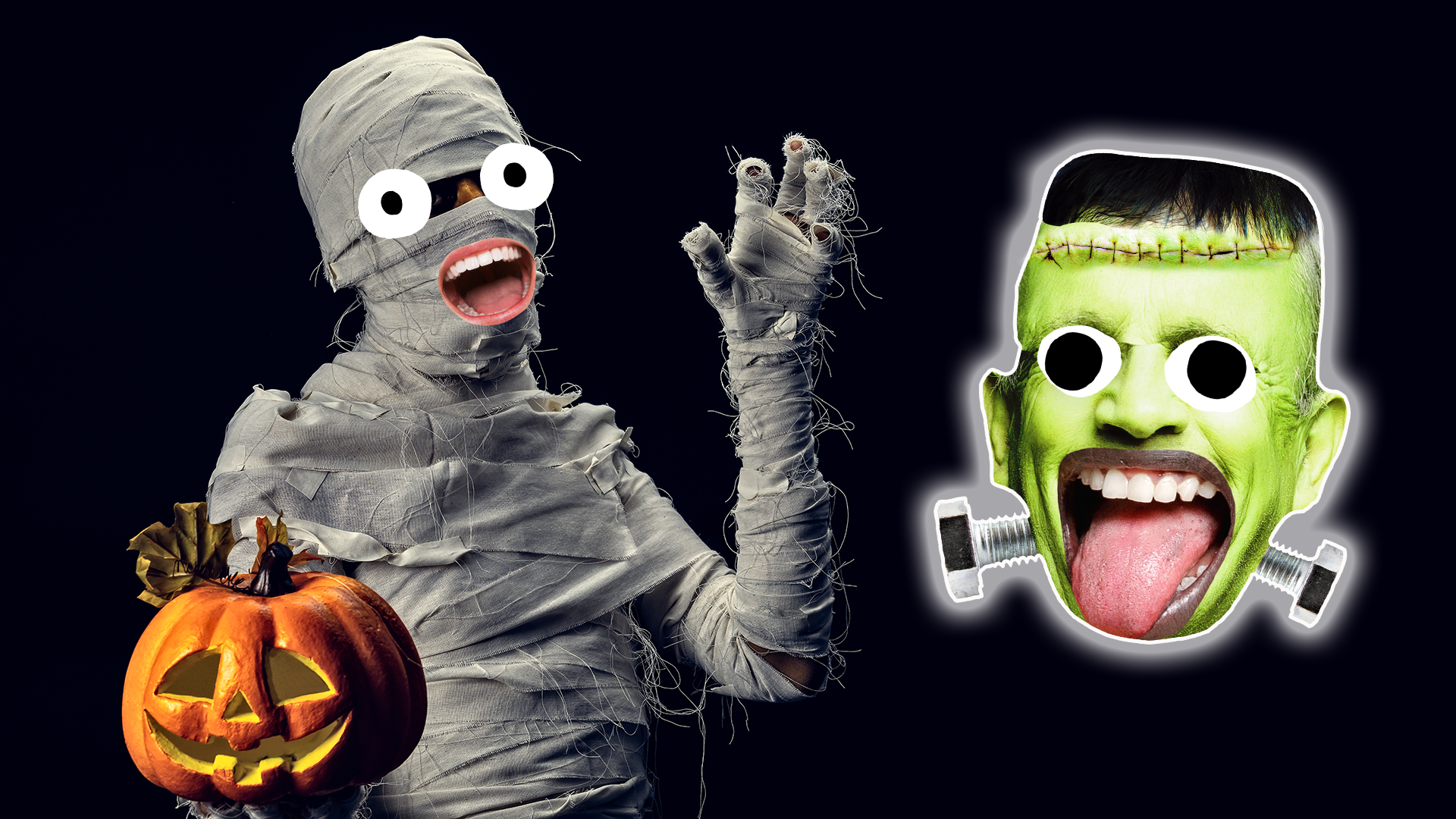
In the 1930s more movies than ever started coming out as film technology became better, and horror was one of the most popular genres. Horror legend Boris Karloff, who also played Frankenstein, appeared as the creepy bandaged Imhotep in 1932's The Mummy - and they've been iconic Halloween monsters ever since!
15. Mummies weren't just Egyptian
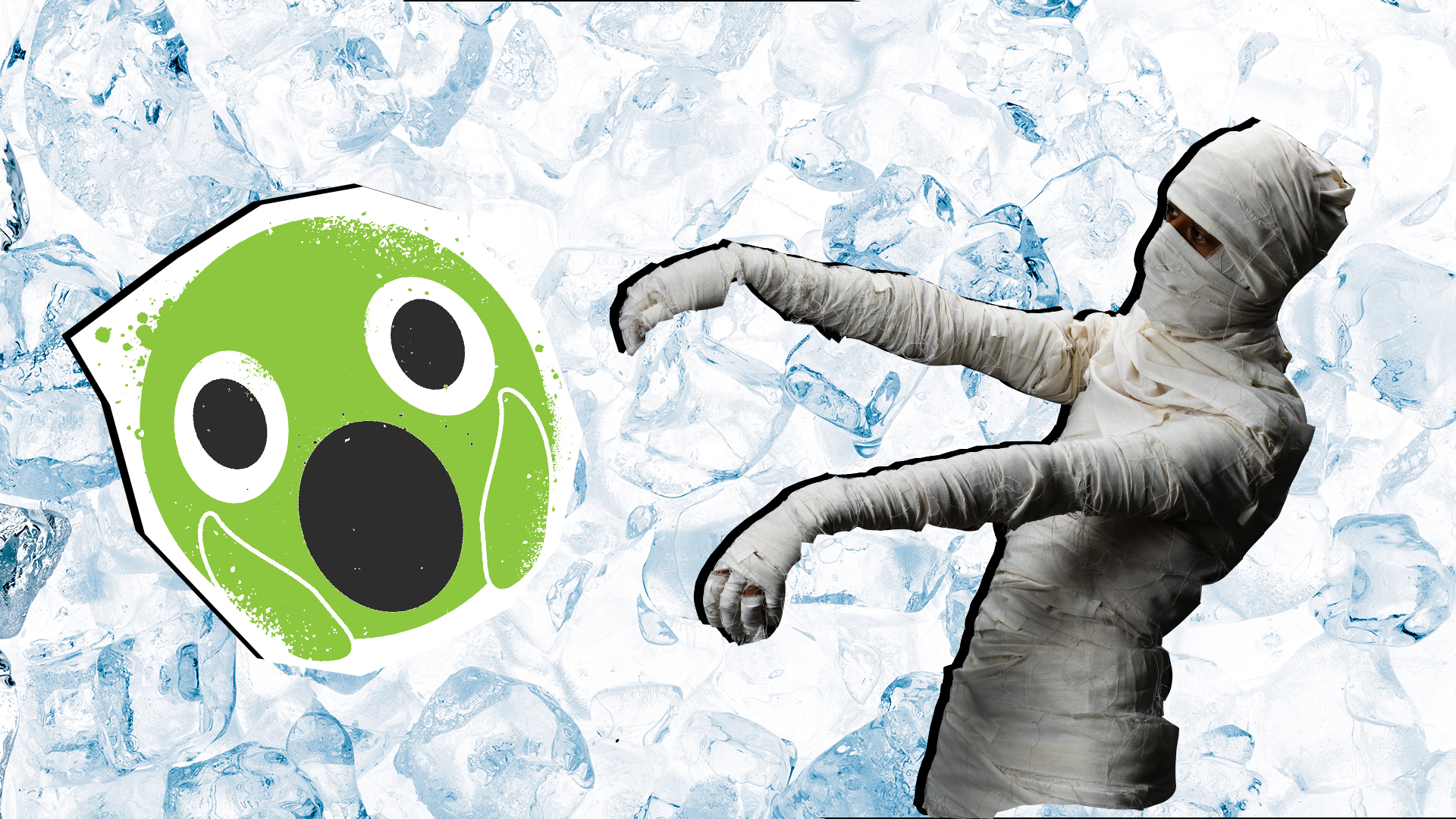
The most famous mummies are from ancient Egypt, but lots of countries have been making mummies for thousands of years too - some on purpose, and some by accident. The Aztecs in Mexico used to preserve bodies too, and in Ireland and other parts of Europe mummies have been found preserved in bogs. The oldest natural mummy was found in ice in the Alps, and the oldest deliberate mummies come from Chile in South America. But they've been found almost everywhere in the world!















